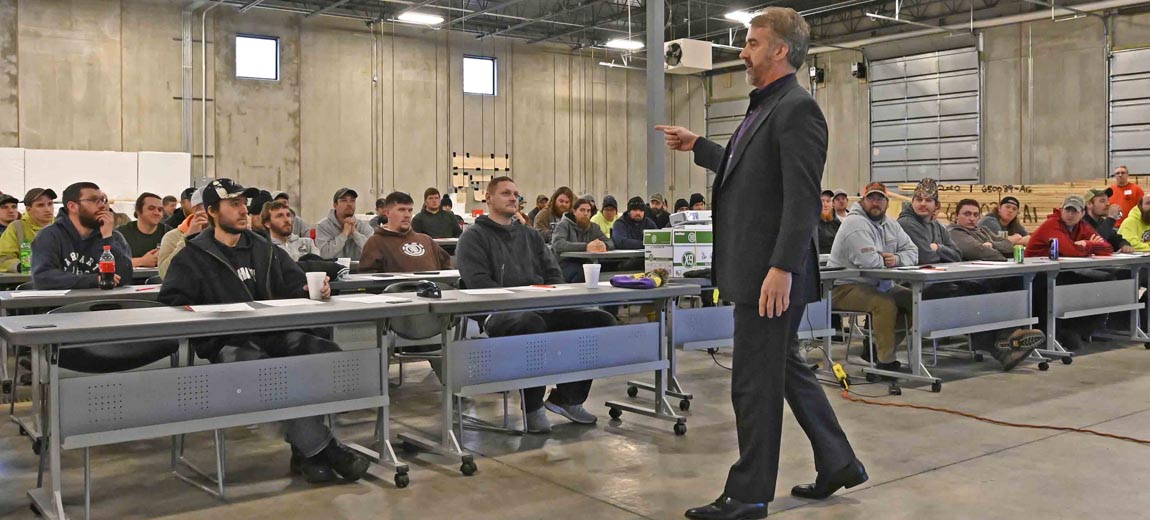Starting with Indiana in 2015—followed by West Virginia in 2016; Arkansas, Kentucky, and Wisconsin in 2017; and Michigan in 2018—the construction industry faced a repeal wave against state Prevailing Wage Laws. These attacks were spearheaded by a network of corporate-funded nonprofits and think tanks, and were portrayed as saving hundreds of millions of dollars for taxpayers. This was arguably the largest concerted attack on unionized construction in four decades.
Despite a deluge of propaganda claiming the repeals would save hundreds of millions of dollars each year, these efforts have done nothing to improve the quality of infrastructure or save taxpayers money. That’s because Prevailing Wage Laws were originally created to protect local construction markets from being undercut by non-local contractors who exploit cheap, low skilled labor to “game” low bid requirements on taxpayer-funded infrastructure projects. In essence, these laws level the playing field for contractors by preventing higher quality contractors from being artificially excluded from bidding on infrastructure projects.
By repealing Prevailing Wage, these six states opened the door for the lowest quality contractors to dominate their industry by using cheaper—i.e., not more efficient, not more productive, not more highly trained, simply cheaper—sources of labor. It doesn’t matter how much you decrease construction workers’ wages. If those workers have less skills and the project takes longer to complete, governments cannot generate savings. They are simply left with lower quality infrastructure and a lower quality construction industry.
By 2016, the union construction industry recognized that a different strategy was required to resist these attacks. At that summer’s annual conference of the National Alliance for Fair Contracting, FCF learned from the Kentucky delegation that a significant factor in the state’s effort to repeal Prevailing Wage and pass so-called “Right-to-Work” was a lack of awareness and urgency among Building Trades members. Too many skilled craftworkers were unaware of how these laws impacted the health of their industry, and were not engaged with the issue.
In Minnesota, FCF took that deficiency to heart. Beginning in January 2017, FCF coordinated with the Building Trades apprenticeship programs to create presentations for their classes about Prevailing Wage. We work closely with the program administrators to present when it best fits each program’s schedule. FCF has spoken to small classes of advanced apprentices who are close to becoming full journeyworkers, as well as large groups of newly minted apprentices who are just beginning their careers. Since those early days, FCF has given nearly 400 presentations, speaking to just over 10,000 apprentices (10,121 as of February 2023). We are very proud to have reached this milestone.
During these sessions, we discuss the history of Prevailing Wage, the multitude of economic research on the law’s impacts on the construction industry and workforce, as well as how anti-Prevailing Wage propaganda is created and spread. FCF has sought to continuously update and improve these presentations as new research is published. FCF has adapted and continued this outreach throughout the Covid-19 pandemic, creating videos for virtual Q&A sessions when in-person discussions were not possible. As the world moves back towards normal, we have greatly enjoyed the opportunity to speak with students in person once again.
An informed apprentice becomes an informed journeyworker. We look forward to continue spreading the truth and value of Prevailing Wage to tomorrow’s unionized construction workforce.




